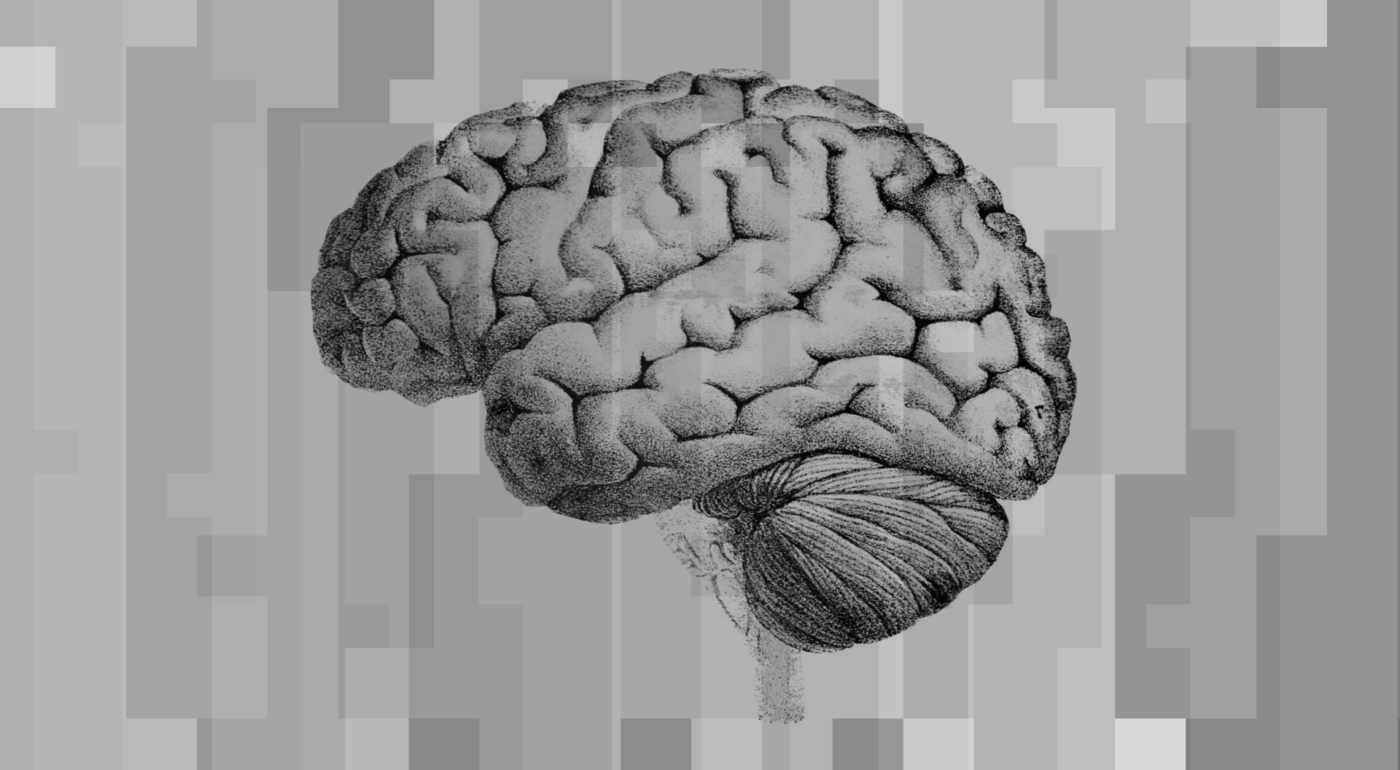Researchers at the University of Sydney uncovered that internet addiction among adolescents could lead to difficulty regulating emotions. There were was no backing for the theory of pre-existing emotional issues as a predictor of compulsive internet use, however.
The findings, released online in Emotion, included the examination of nearly 3,000 adolescents from more than a dozen Australian schools. The students were between grades eight to 11.
By observing a long-term pattern of behavior, researchers were able to understand how internet addiction could play a role in emotion regulation problems, but not the latter.
“Despite a lot of anecdotal evidence and popular opinion on this, we know little about how compulsive internet use impacts young people’s emotion regulation and vice versa,” the co-authors explained in a news release.
“We were surprised to find the negative effects of compulsive internet usage on things like the ability to set goals and understand one’s emotions, remained stable across all four years of the study.”
In the findings, researchers also concluded that providing adolescents with general emotion regulation skills may not be efficient at decreasing internet addiction habits, compared to more direct methods.
“While it might be difficult for parents to control internet access, our study suggests that parents and schools have an important role to play in teaching their kids about healthy internet use, monitoring the activities they engage with online, and ensuring they have meaningful and engaging offline activities that provide balance,” the co-authors concluded.


